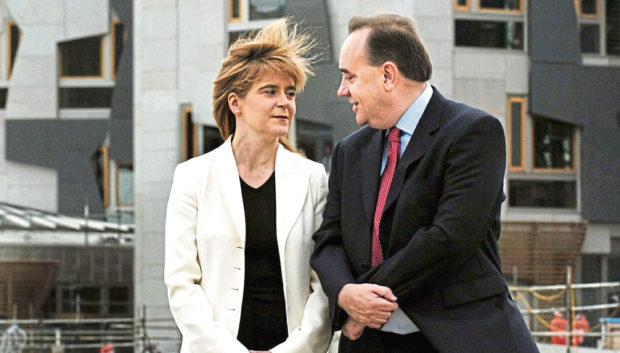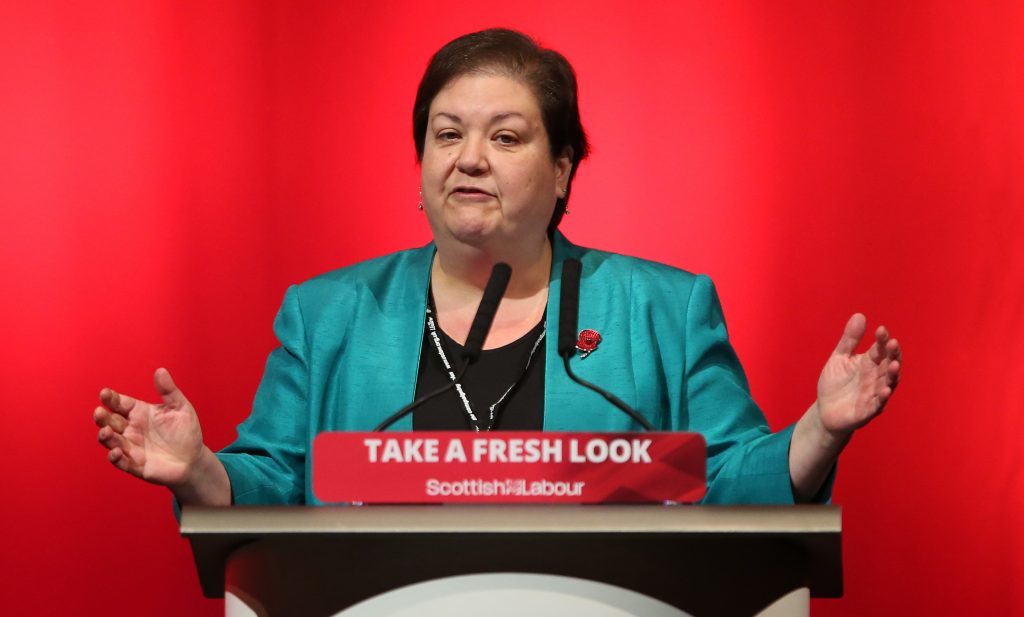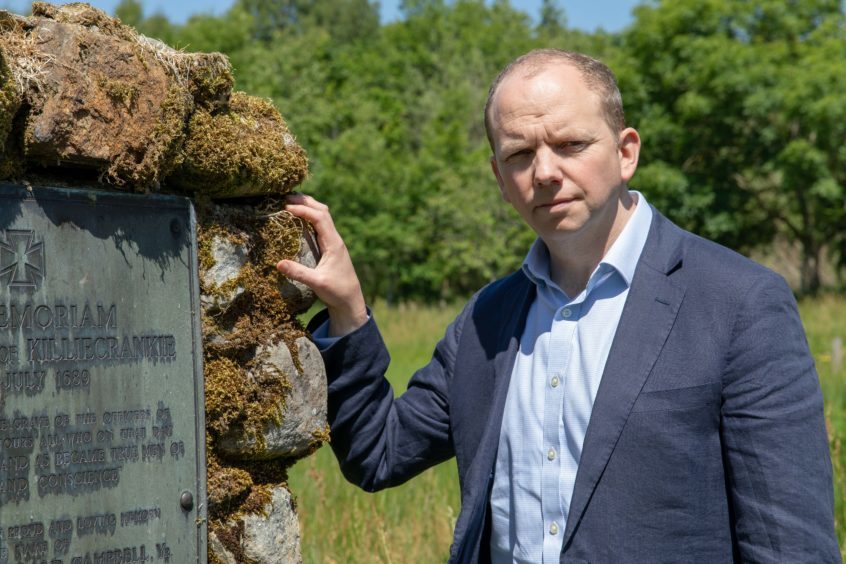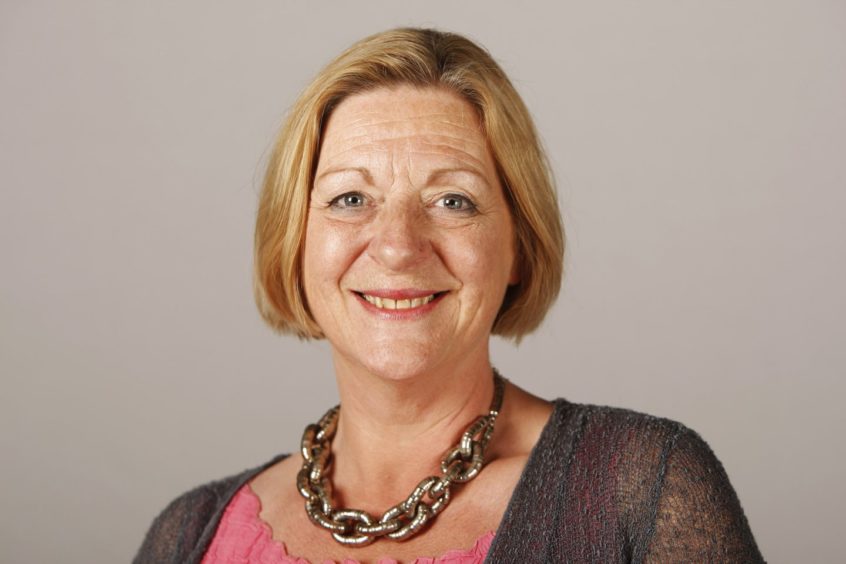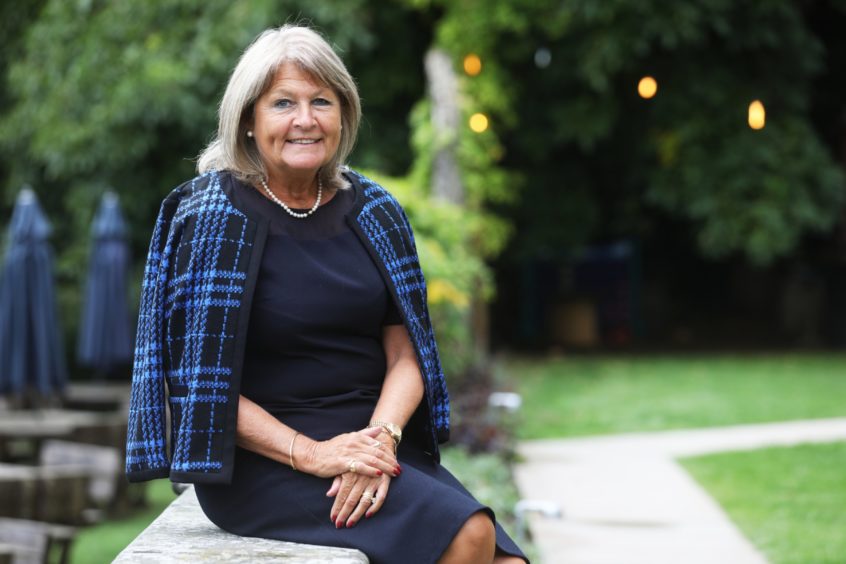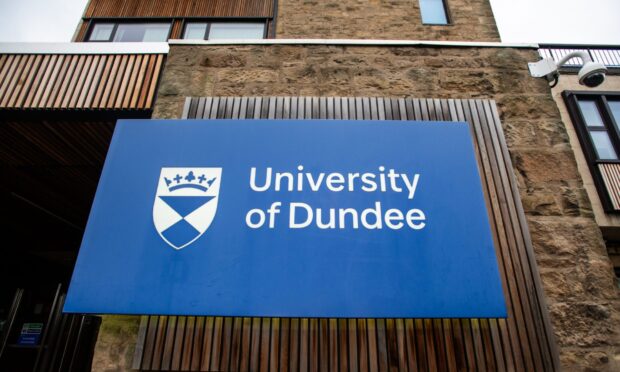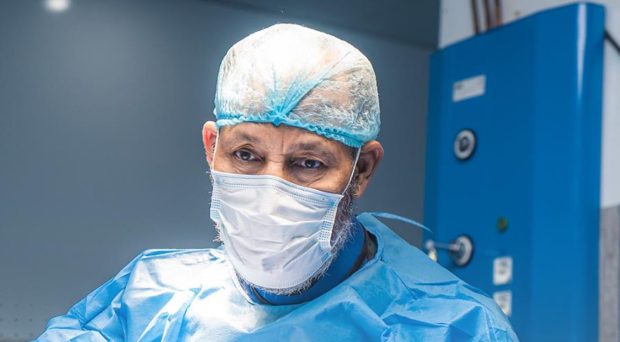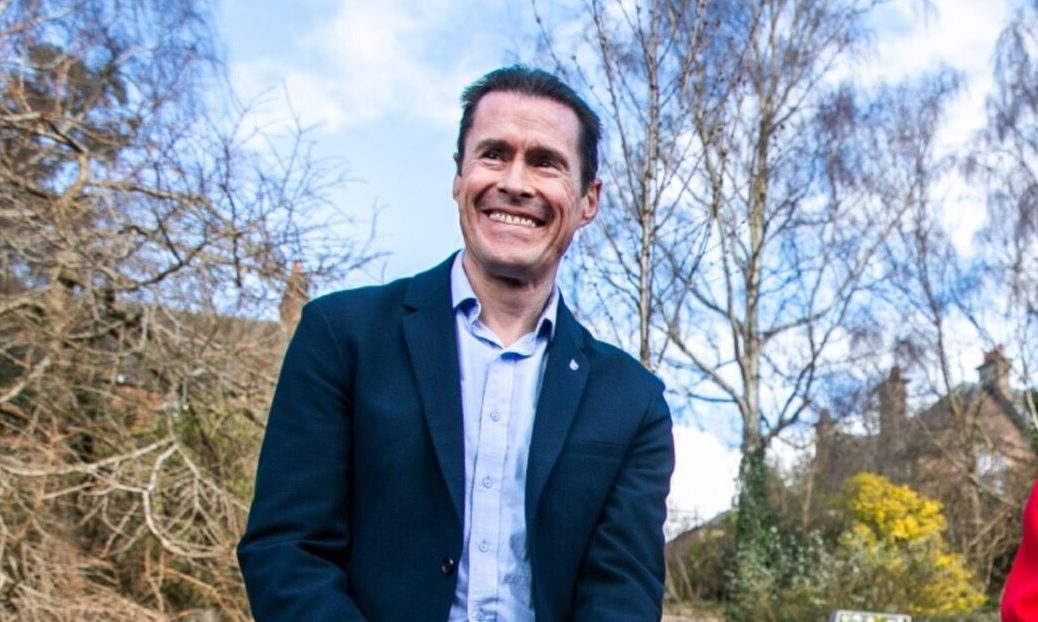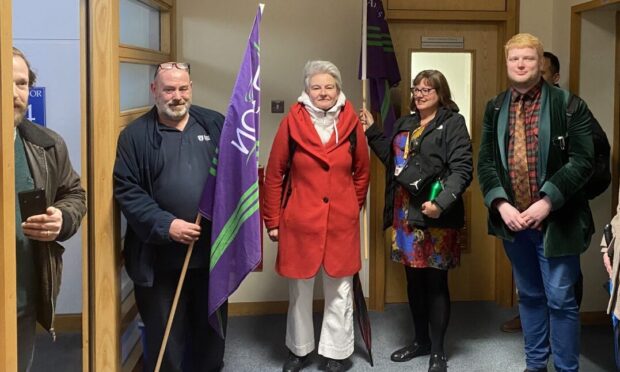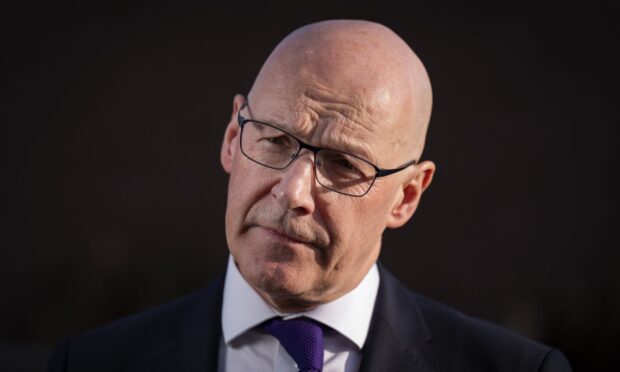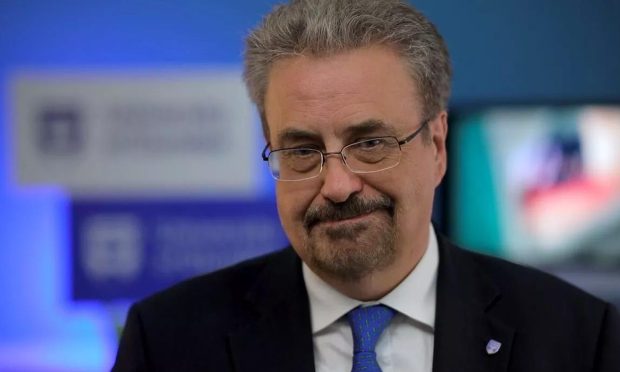Scotland’s highest-ranking politicians and officials from the last decade are to give evidence to an inquiry into the SNP government’s handling of harassment complaints against Alex Salmond.
First Minister Nicola Sturgeon, her predecessor Mr Salmond, deputy first minister John Swinney and SNP chief executive — Ms Sturgeon’s husband — Peter Murrell will all give written statements to a Holyrood committee.
If deemed necessary, they could be called to give oral evidence, with some committee members calling for the use of powers to take testimony under oath.
Former first minister Mr Salmond was awarded hundreds of thousands of pounds from the public purse after the government conceded it had acted unlawfully while investigating harassment claims against him following a judicial review.
He was acquitted of all sexual assault charges levelled against him at a High Court trial earlier this year.
Ms Sturgeon’s personal phone records, government and SNP emails and memos between high-ranking civil servants, ministers and party chiefs will all be expected to be handed over as evidence ahead of formal inquiries getting under way in August.
Details of the meetings held between Ms Sturgeon and Mr Salmond in the wake of complaints made against the former first minister have also been called for evidence.
Permanent Secretary Leslie Evans — head of the Scottish civil service — will be called first to give evidence into the culture of the organisation and how it handled sexual harassment complaints.
I recollect us writing to the First Minister, looking for hard copy or electronic records, looking for both personal telephone messages and copies of emails.”
Jackie Baillie MSP
Already the Scottish Government has been chided by the committee for failing to meet deadlines for evidence.
The Scottish Parliament committee into the government’s handling of harassment complaints since 2008 met virtually on Monday afternoon.
It expects to meet on a weekly basis from August, in person at Holyrood, should Covid-19 restrictions allow.
Members of the committee called for the investigation to be conducted “under oath”, permitted under the 2016 Scotland Act, to “underscore the gravity” of the investigation.
Witnesses to give evidence
An initial list of witnesses was published on Monday evening, with all expected to give written submissions to the inquest before the return of parliament in August.
As well as the SNP’s top members, the Scottish civil service’s highest ranking officials will also be asked to submit evidence.
The initial list includes:
- First Minister Nicola Sturgeon
- Deputy First Minister John Swinney
- Alex Salmond
- Peter Murrell, SNP chief executive
- Former chief of staff to Alex Salmond, Geoff Aberdein
- Nicola Sturgeon’s chief of staff, Elizabeth Lloyd
- Lord Advocate James Wolffe QC
- Permanent Secretary Leslie Evans and her predecessors
Trade union representatives for Scottish Government staff and other senior civil servants have also been invited to submit evidence.
Ms Sturgeon’s phone records called for evidence
Committee member and Labour MSP Jackie Baillie said there was a wide spectrum of evidence and witnesses who should present to them during their examination.
She said: “I recollect us writing to the First Minister, looking for hard copy or electronic records, looking for both personal telephone messages and copies of emails.
“We also discussed about doing the same to the SNP because there was discussion about the use of SNP emails between ministers and special advisers.
“Of course, (evidence) from Alex Salmond as a consequence of the information he brought out for the judicial review.
“In terms of witnesses, the first minister and the former first minister are likely to be invited, and indeed those involved in the political meetings between the first minister and former first minister.
“I am also keen to see if we can hear from the former permanent secretaries, who could give some helpful context into the culture and development of this policy.”
Evidence should be given “under oath”
Scottish Conservative MSP Donald Cameron said: “The committee should take sworn evidence, we are able to do this under the Scotland Act… it is a case of the convener administrating an oath or affirmation to each witness which comes before us.
“It seems absolutely imperative the evidence we get is as accurate as can be and we need an opportunity to test both its credibility and veracity, not least because we are likely to get conflicting versions and there will be disputed areas of fact.
“Secondly, we are dealing with very serious matters within the highest echelons of the Scottish civil service and the conduct of ministers past and present.
“Taking sworn evidence underscores the gravity of subject matter of this inquiry and will ensure we get the best possible evidence.”
Committee to resume after summer break
Convener Linda Fabiani said: “By June 22, a written statement plus supporting documents in respect of the development of the Scottish Government’s procedure on handling complaints would be received.
“By mid-July, we wish a written statement plus supporting documents in respect of information of the judicial review and by the end of July we want a statement and documents in respect of how the Scottish Government handled specific complaints under the harassment procedure.
“If that’s not possible, the committee has requested an explanation why this is the case.
“I can confirm the first tranche of information has been received and the committee will publish this as soon as possible.
“Given the sensibilities and the absolute confidentiality of the information we receive, we will give anyone interacting with the committee a clear understanding of how we will treat evidence received and how we will take it.”
Deputy committee convener Margaret Mitchell MSP added: “We were able to seek to collect background information to help us hit the ground running.
“A lot of the information we have sought has been from the Scottish Government, it has been a frustration to date that a lot of the deadlines we have set have not been met.
“I think it is entirely appropriate the committee hears from the permanent secretary as the first witness and we hear exactly why the reasons for this and anything else she has to say.
“From that, other witnesses and other decisions will be taken.
“More generally, in addition to the committee’s remit we know that complaints ranged back to 2008-2014, so it is entirely reasonable the committee looks back at the development of policy in handling these complaints… how this was implemented and how this was reviewed.
“Members will contribute about the witnesses and how we deal with other information in more recent events, which will of course be dictated by evidence we receive.
“This is a committee with a very important task, it is looking at and involving the actions of officials and the most powerful people in the land.
“Therefore it is essential when we do meet we meet in a way that allows us to do our job efficiently and effectively.”
Salmond not guilty
The committee’s work was halted by the Crown case into alleged sexual misconduct carried out by former first minister Alex Salmond in March this year, as well as the ongoing coronavirus pandemic.
Mr Salmond was acquitted of all charges following a three-week trial at the High Court in Edinburgh.
Previously to that, Mr Salmond was awarded hundreds of thousands of pounds from the public purse after the Scottish Government conceded it had acted unlawfully while investigating harassment claims against him following a judicial review.
